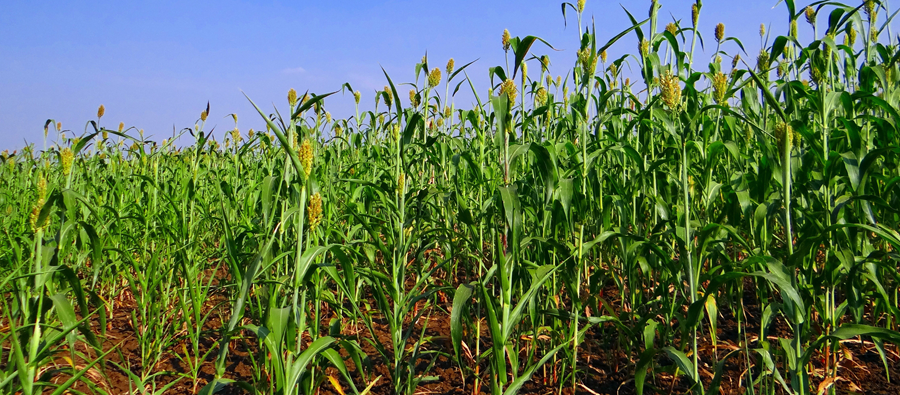Elizabeth Nsimadala, Regional President of East African Farmers Federation, urges policy-makers to engage with farmers more directly to come to practical solutions that work for everyone. This guest-post is part of Farming First’s ‘Farmers Taking Action on Climate Change’ campaign for the COP25.
In the Eastern region of Africa, we have experienced the effects of climate change for a few farming seasons now. About four to five years ago, our harvest was affected by a devastating drought. Almost directly afterwards, we were dealt another blow to our harvests when a Fall Armyworm infestation came and decimated thousands of hectares of crops. The damage was so immense, and everyone was impacted in some way.
Soon after, we experienced an unusually heavy season of rainfall which led to flooding in several areas, causing further crop losses. And this year, we’re now contending with drought once more.
This is proof to us at East African Farmers Federation, and to our millions of members, that climate change is real. From the policymaker to the consumer, everyone along the value chain needs to understand the true impact of climate change. If we are to have sustainable food systems, the climate change agenda must be built into all our agricultural plans.
Substantive actions are needed. We do not just need to mitigate against further threats, but we must help farmers adapt to the new challenges climate change brings. One example is early warning systems. Smallholder farmers rarely have access to them, which can help prevent damages from harsh weather. Often, they will invest whatever they may have into dealing with the damage after it happens. Afterwards, they are still vulnerable to losses from weather shocks.
Linked to this is the issue of finance. For any farmer, whether they are a small vegetable farmer in Burundi or a large corn farmer in the United States, finance will be the most important tool to adapt to and mitigate against climate change.
There are some agricultural practices that can be adopted that do not require heavy funding. Mulching, contour strips and harvesting rainwater are some examples. This exemplifies the nature of the knowledge that is being taught to farmers right now: much of it is traditional and has been in existence for decades, if not centuries. It is now important that we scale up these good practices on a larger scale to truly feel their impact.
Our vision is for a prosperous and cohesive farming community across Eastern Africa. Part of making this vision a reality means engaging farmers with policy debates and the sharing of knowledge.
For the latter, we’ve been working with the World Bank to develop an innovative mobile platform called eGranary. eGranary is currently used by 90,000 smallholder farmers, who benefit from increased market access for their produce, as well as better access to finance and extension services. Improved access is proven to drive productivity and incomes, which means that farmers can use their additional income to invest back into climate change resilience and adaptation on their farms.
Similarly, there is a lot to be done to enable the discussion between policymakers and farmers. For the upcoming 25th Conference of Parties (COP25), it is now more important than ever before to ensure that farmers are part of the discussion.
Farmers need to be part of the debate, so that decisions are grounded in what is realistic and can actually be achieved by the farmer.



